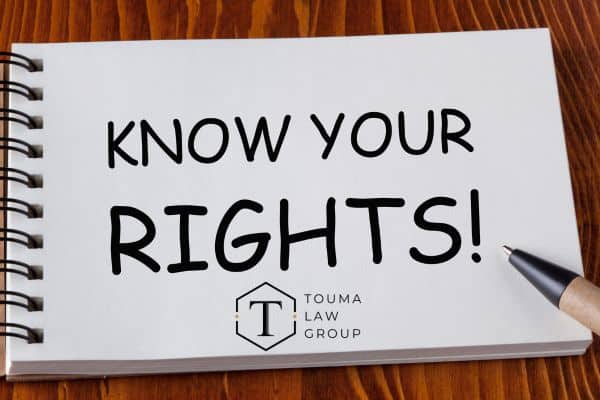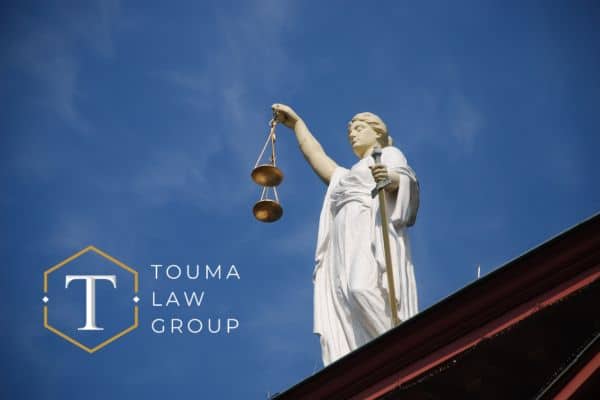The 4th Amendment to the United States Constitution offers protections to the people relating to their reasonable right to privacy. In particular, this prevents government overreach in the form of unreasonable searches and seizures of property. While this is not a blanket protection against all forms of searches, it does outline what does and does not constitute an illegal search and guarantees protections against them.
United States law weighs two important factors when determining the legality of searches, namely an individual’s right to privacy under the Fourth Amendment and the interests of national security or public safety. Keeping these in mind there are safeguards in place to protect the individual from illegal searches while maintaining the government’s right to protect the public.
Another important point of consideration for determining the level of protection offered by the 4th amendment is where the search or seizure takes place, as an individual will have a more reasonable expectation of privacy in their own home versus out in public.

If you believe your 4th Amendment rights have been violated during an arrest it can seriously change the outcome of any criminal charges that came from it. You can go over the details of an arrest and your legal options with a Greenville criminal defense attorney at Touma Law Group during a free consultation.
When Does the Fourth Amendment Apply?
Under the provisions of the 4th Amendment, an individual has a reasonable expectation of privacy from the local, state, and federal government. Most commonly thought of when discussing these protections are searches and seizures committed by law enforcement.
The exact specifics of these scenarios can be difficult to cover in full, but in general, a police officer will require at least one of the following in order to lawfully conduct a search:
- A legal and valid search warrant
- A legal and valid arrest warrant
- Probable cause pointing toward criminal activity
Officers do not require ironclad proof in order to conduct warrantless searches so long as they can demonstrate reasonable suspicion that criminal activity was taking place.

Situations in which an individual maintains constitutional protections include:
- Seizure of the vehicle or personal property of an individual, with it being kept under police control
- Law enforcement officers entering the private home or workplace of an individual to search for evidence as part of a criminal investigation
- Law enforcement officers entering the private home of an individual in order to arrest them
- During the arrest of an individual
- Law enforcement officers stop an individual for questioning while walking down the road
- Law enforcement officers search the trunk of a vehicle as part of a routine traffic stop
When the Fourth Amendment Doesn’t Protect You
One of the key defining aspects of the protections afforded under the 4th Amendment is that they only apply in situations where an individual has a legitimate expectation of privacy. If there is no valid expectation of privacy then the 4th Amendment’s privacy protections can obviously not be violated.
There are two important and commonly encountered issues that we will expand on here. The first being the legitimate expectation of privacy, and the second being private security and how they relate to 4th Amendment rights:
Legitimate Expectation of Privacy
Following the lead of the Supreme Court, the U.S. court system applies a simple test to establish whether an individual’s expectation of privacy was legitimate at the time of the search.
- Did the individual realistically expect privacy?
- Is the expectation held by the individual actually reasonable?
In short, if the individual was in a location where privacy is commonplace and expected (such as their home, a public restroom, or an item stored in the trunk of a car during a routine traffic stop), then this expectation will be viewed as reasonable by a judge. On the other hand, if privacy is not a commonplace expectation (such as drug paraphernalia being openly visible in the passenger’s seat during a routine traffic stop) then a judge would not hold the expectation of privacy to be reasonable and therefore it would not be protected under the 4th Amendment.
Learn More: When Can Police Search Your Car?
Private Security
Remember that the Fourth Amendment offers protection from abuses perpetrated by the government of the United States. This means that it does not apply to personnel providing private security to events or companies. This is important in cases where an individual is present on private property, such as a store or workplace, and is confronted and searched by private security.
Because they are not bound by the 4th Amendment, they do not face the same constraints as law enforcement officers. Additionally, if they find evidence of illegal activity (i.e. drugs or a firearm) during the search, they may turn this over to the police.
This evidence will be admissible in a court of law because it was acquired by the security guard conducting a search while attending to the requirements of their own job. Had the search been prompted by a police officer, however, it would be in violation of the individual’s 4th Amendment protections.
Learn More: What Your Rights Are During an Arrest
What if My Fourth Amendment Rights Are Violated?
Fourth Amendment violations are serious infringements on the rights of an individual and are treated as such in United States courts. Any evidence taken during a search or seizure that is determined to violate these rights will be inadmissible in a court of law. Furthermore, any evidence that is discovered as a result of the initial illegal search will likely also be considered inadmissible under the Fruit of the Poisonous Tree doctrine (also known as the Derivative Evidence doctrine).

For example, if an illegal search was conducted in an individual’s home and officer’s found the location of a storage locker that held evidence of a crime, this evidence would be considered tainted and not permitted in a United States court.
Similarly, if an individual is arrested without a valid warrant or probable cause and then confesses to a crime the confession will be disallowed as evidence.
Were Your 4th Amendment Rights Violated?
If you believe your 4th Amendment rights have been violated by law enforcement officials you should contact a qualified lawyer as quickly as possible. The 4th Amendment offers a high degree of protection from violations of your basic rights, and any actions that break these protections can have a significant impact on a criminal trial.
The acquisition of evidence resulting from these actions may be deemed illegal, prohibiting the evidence gathered from being used in a court of law. Our dedicated attorneys at Touma Law Group have the knowledge and experience needed to protect you from an unconstitutional search. Contact us today to schedule a free initial case consultation.



